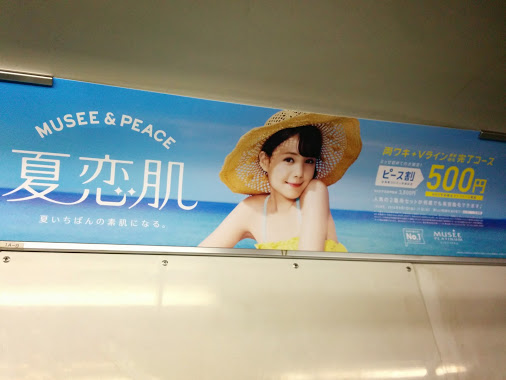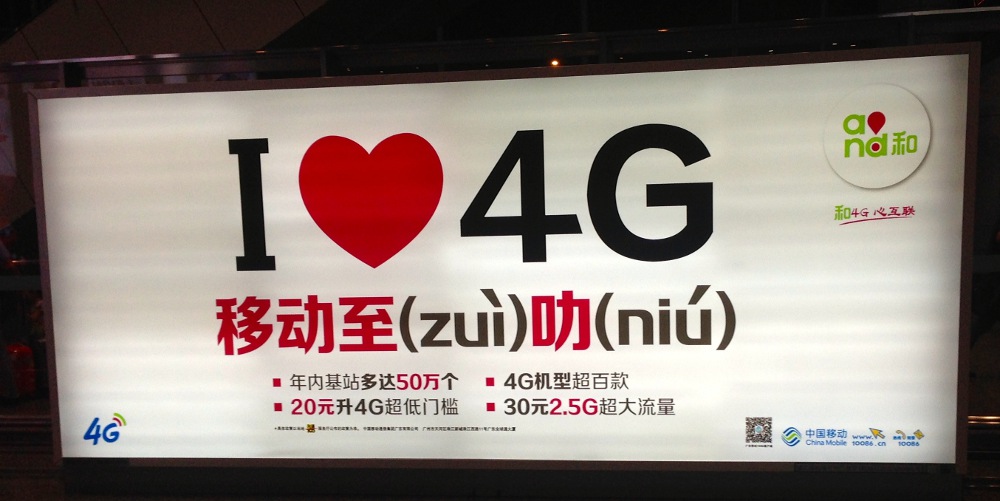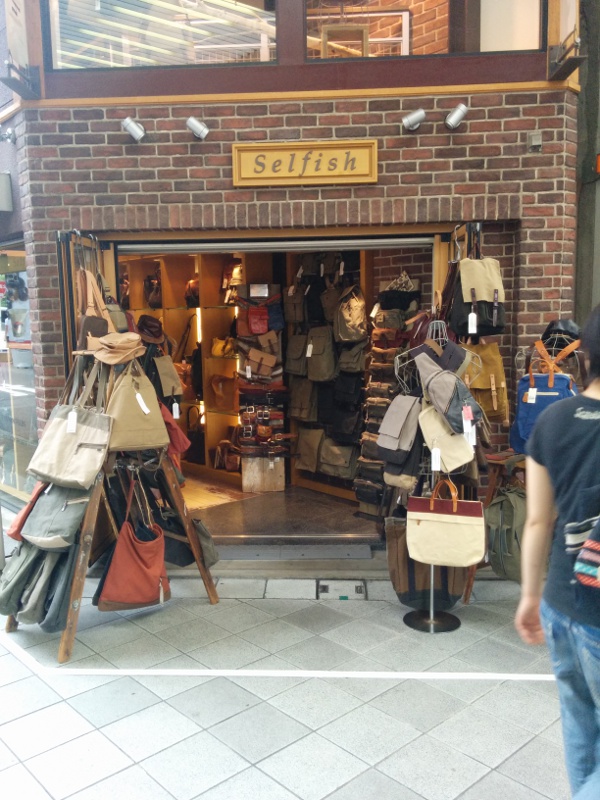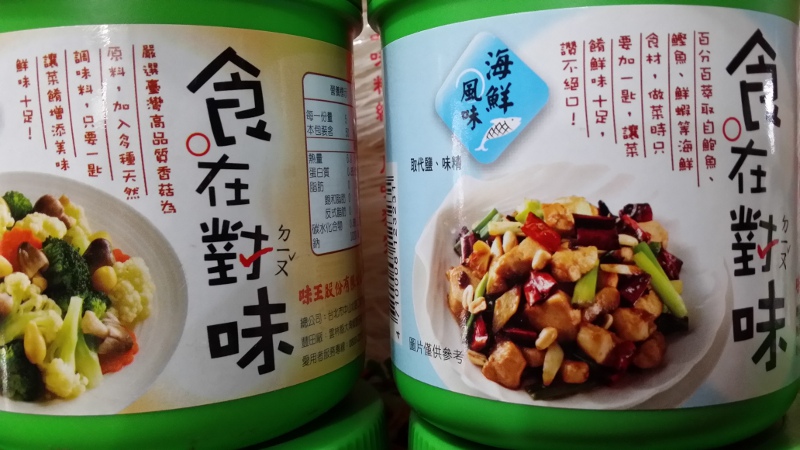Kendall Willets had long ago noticed that Korean honorifics show up disproportionately in commercial settings, but this article brought up something new. The -si- 시 infix is only supposed to apply to the verb if the subject has higher status, but in service settings it's expanding to everything, including coffee.
The big LOL sentence for me, was when the Coffee 알바 (short for 아르바이트, “Arbeit(work)” from the Japanese-German arubaito/baito which denotes part-time workers in Korea) in the video says,
그 사물 들에게 우리는 존경의 마음을 억누를 수 없습니다. 커피 나오셨습니다. 커피가 제 시급보다 더 비싸거든요.
roughly translated as:
“We cannot control the boundless respect we have for these things. “Here’s your coffee.” (this is the kind of sentence they are talking about, which to my ears, can only be translated into English as (with a little bit of exaggeration) “His Coffeeness has graced us with his presence.” Then she goes on to say “It’s because (a cup of) coffee is more expensive than my hourly wage.”
[VHM: sic (punctuation and all); emphasis in the original]
Read the rest of this entry »





